
"China Development Bank can decide the loan's interest rate, length of maturity and total amount, while SAFE will take all the risk," the official said.
The investment return of the entrusted capital from foreign exchange reserves is expected to be higher than the return on US Treasury bonds, especially under the US quantitative easing policies in which the US effectively prints more money, thereby reducing its value, analysts said. However, it would come with higher risks.
Previous failures of Chinese enterprises' overseas investment projects are a warning to the central bank to ensure it maintains the safety of the foreign exchange reserves as its foremost task.
"Many disputes remain about how to use the reserves. However, their most important function is to stabilize the yuan, strengthen external payment capacity and ensure the country's anti-risk capability," said Xu Hongcai, a senior economist with the China Center for International Economic Exchanges, a government think tank.
"Safety is always the priority," Xu said.
However, it may now be a good time for China to reduce its holdings of US Treasuries because the devaluation of the dollar has further eroded the value of the foreign exchange reserves, said Xu.
"The increasing money supply in the US is leading to depreciation of the dollar and helping to dilute its debt as the US tries to solve its fiscal problems. As a result foreign creditors will suffer huge losses."
The yuan appreciated by 0.25 percent against the US dollar during the past year to 6.2855 at the close on Dec 31. It hit a 19-year high of 6.2216 on Jan 9, according to the China Foreign Exchange Trade System.
The relatively low interest rates globally currently provide opportunities to shrink China's investment in US government bonds. "A modest reduction will not hit the US bond market," Xu said.
He suggested China's central bank should readjust the asset structure of the foreign exchange reserves and encourage commercial banks to apply for foreign exchange loans to support the direct investment of businesses in European countries and the US, or import high-tech products.
Total foreign exchange reserves expanded by about $130 billion last year over the figure for 2011. It was the slowest annual growth since 2004, the PBOC said. In 2007, the foreign exchange reserves rose by $460 billion, its fastest ever growth.


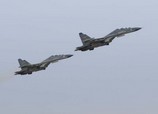
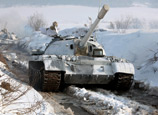

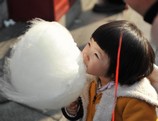
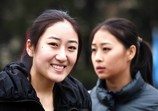
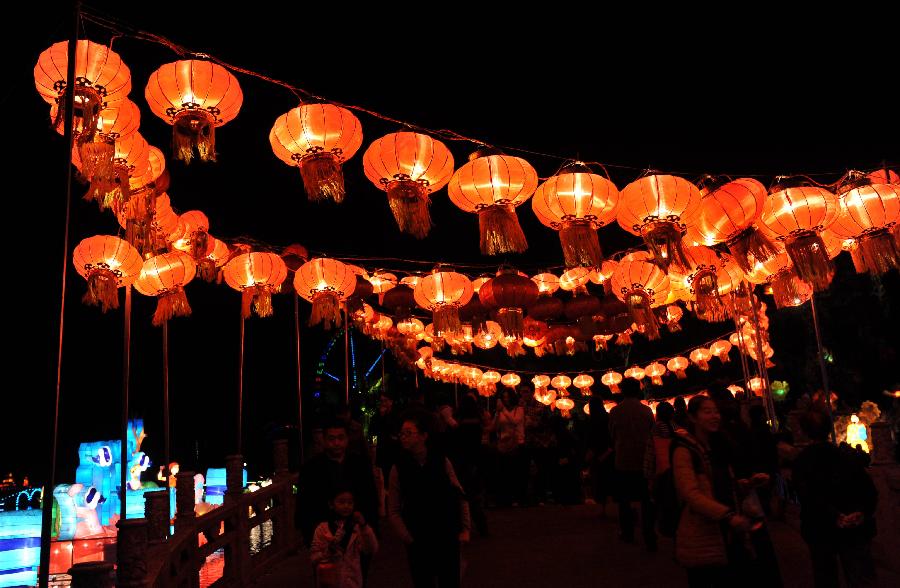

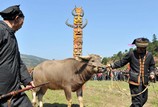
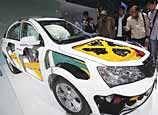
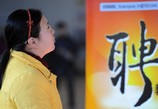






 Cosplay enthusiasts perform at Shanghai comic convention
Cosplay enthusiasts perform at Shanghai comic convention


![]()
